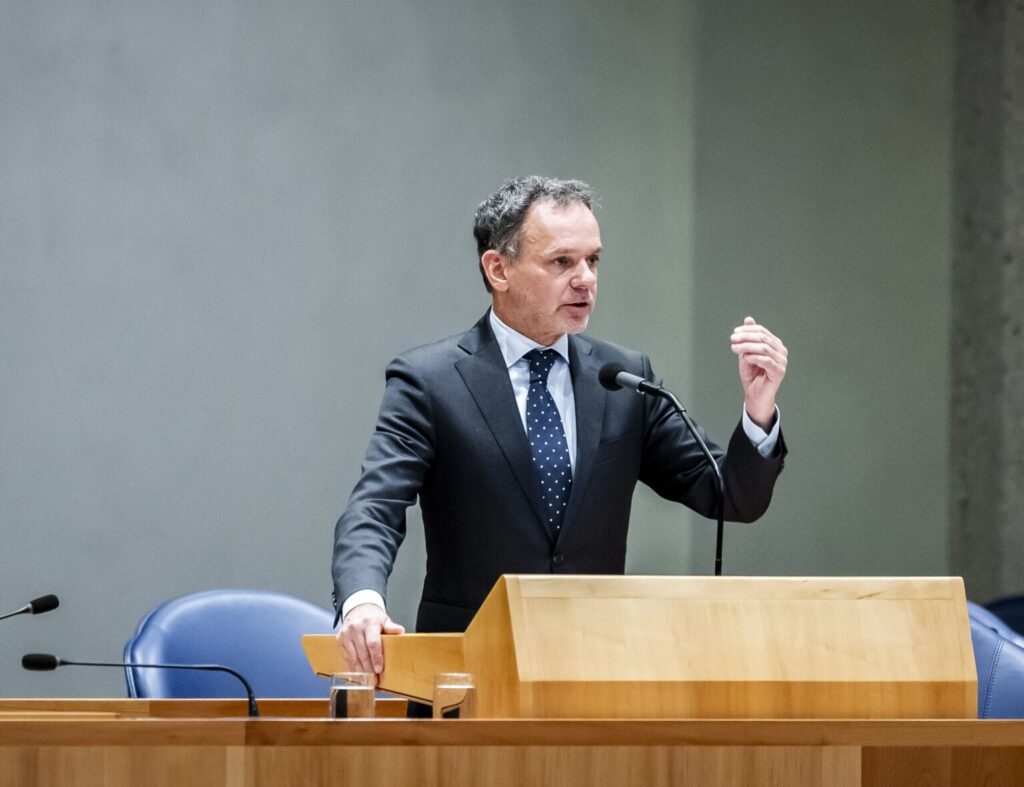
DEN HAAG - Caspar Veldkamp, minister van Buitenlandse Zaken, tijdens een debat over de vaststelling van de begroting van het Ministerie van Buitenlandse Zaken. ANP REMKO DE WAAL
In a surprising statement that underscores the tension surrounding international law and human rights accountability, a Dutch government minister has confirmed that Israeli Prime Minister Benjamin Netanyahu could face arrest if he visits the Netherlands. This potential arrest would be based on allegations of war crimes and violations of international law.
The confirmation comes amid growing calls for greater enforcement of international accountability mechanisms. Several advocacy groups and legal bodies have accused Netanyahu of crimes related to Israel’s military actions and policies in Palestinian territories. These groups argue that such actions contravene international humanitarian law and constitute war crimes under treaties such as the Geneva Conventions.
The minister’s remarks highlight the Netherlands’ commitment to upholding international law. As a signatory to the Rome Statute, which established the International Criminal Court (ICC), the Dutch government has a legal obligation to cooperate with the ICC and enforce its arrest warrants. While the ICC has not formally indicted Netanyahu, the suggestion of potential arrest reflects the broader scrutiny he faces on the international stage.
This development also comes at a time of heightened tensions in Europe over Israel’s policies in Gaza and the West Bank. The Netherlands has a history of strong advocacy for human rights and has often criticized Israeli policies that it views as undermining peace efforts.
Israeli officials have not yet commented on the minister’s statement. However, the confirmation is likely to stir further debate about the balance between diplomatic relations and the enforcement of international law.
For Netanyahu, whose international travel is already fraught with protests and legal challenges, the minister’s statement could add a new layer of complexity to his interactions with European nations. It also raises broader questions about how world leaders can be held accountable for alleged violations of international norms.
As the situation unfolds, it remains to be seen whether the Dutch government would act on such a statement in practice or if it serves more as a symbolic gesture. Regardless, it has brought renewed attention to the contentious debates over justice, accountability, and the limits of state sovereignty.




